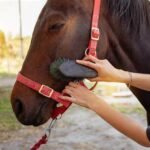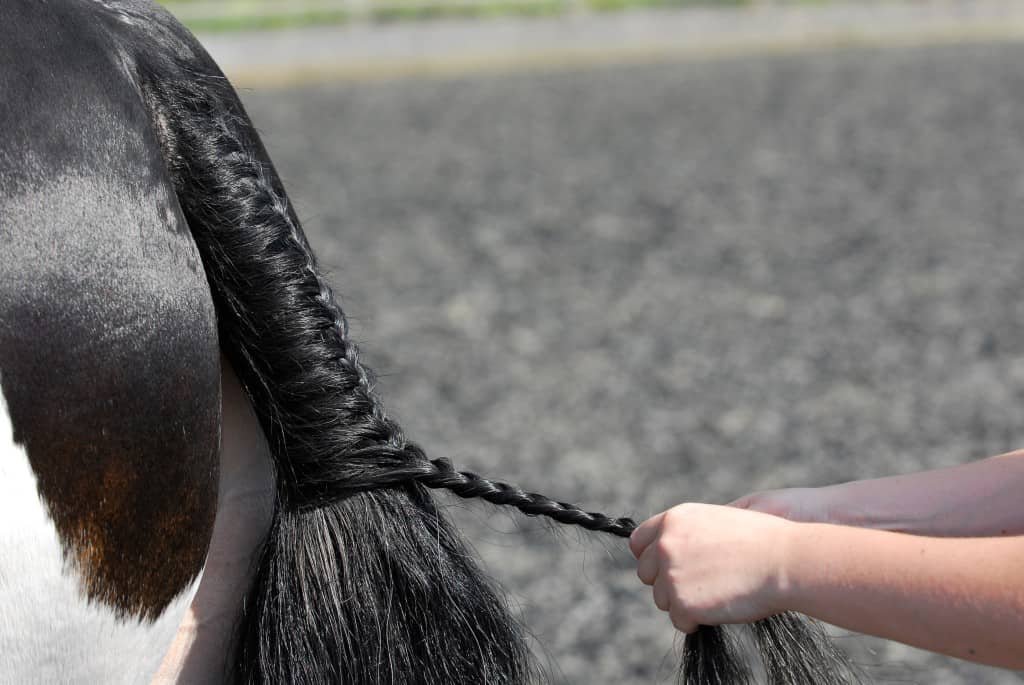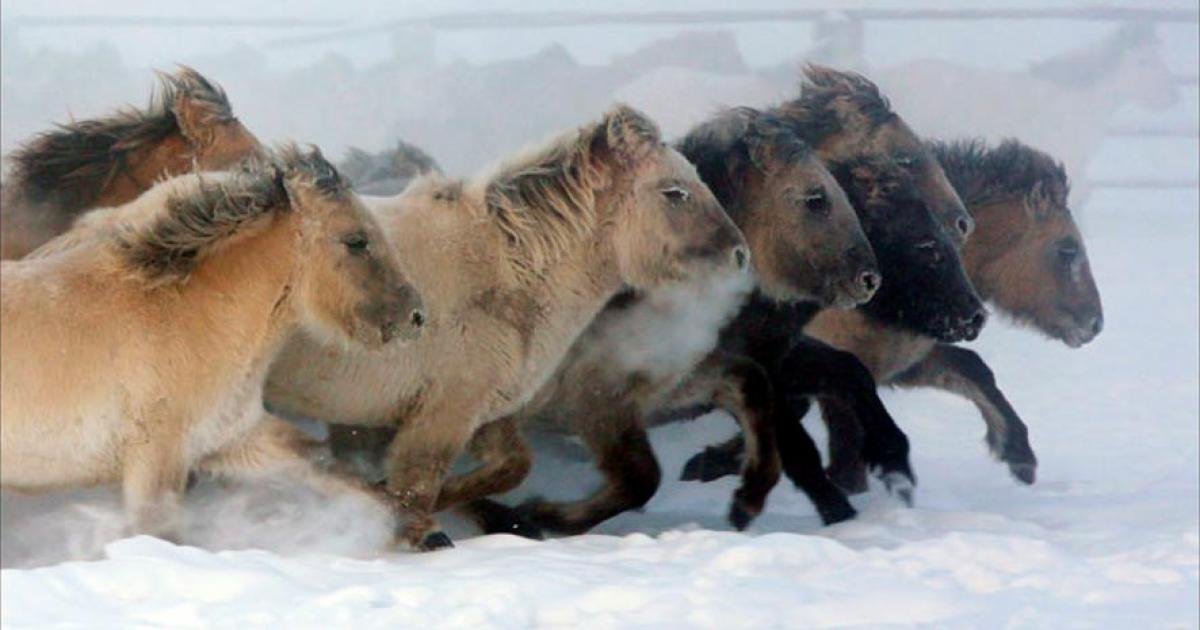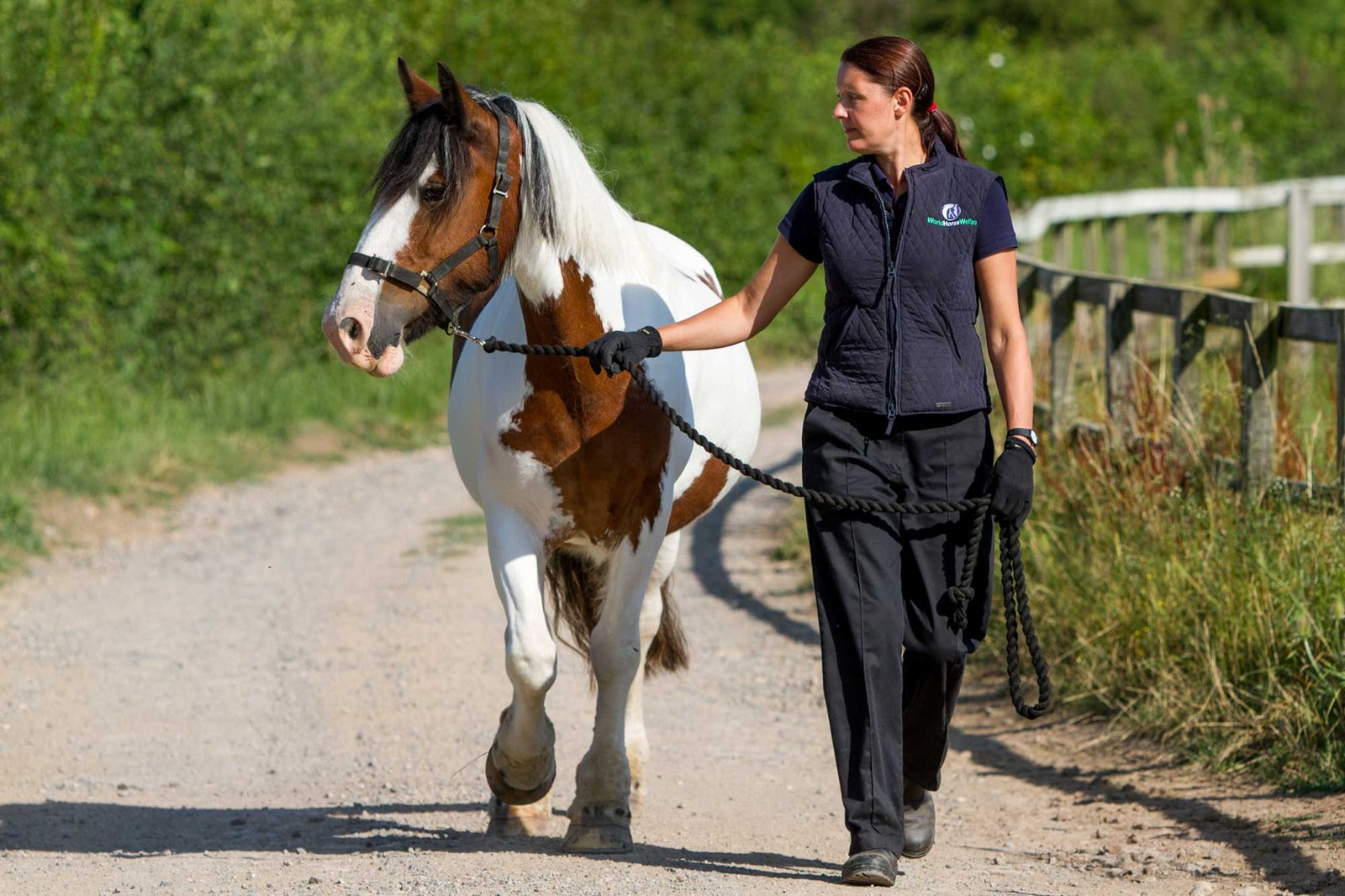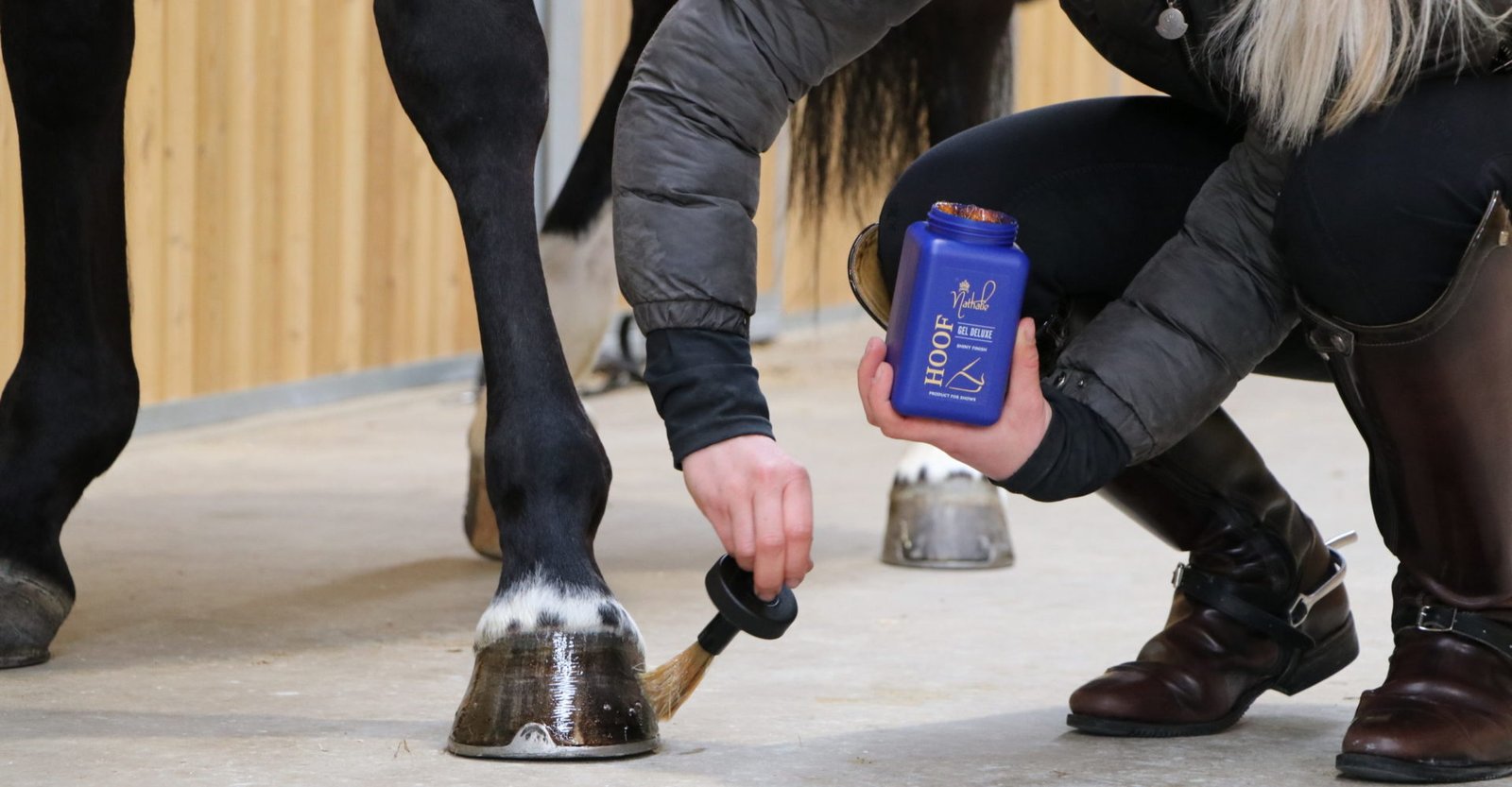Owning a pony is a rewarding experience, but it comes with significant responsibilities. Proper care ensures your pony stays healthy, happy, and well-behaved. From diet to grooming, here’s everything you need to know about pony care.
1. Nutrition and Feeding
Ponies require a balanced diet to maintain their health.
- Forage: Ponies thrive on grass and good-quality hay. Limit rich pastures to avoid obesity.
- Concentrates: Provide grain or pellet feeds only when needed, such as during winter or high activity.
- Supplements: Add vitamins or minerals if advised by a veterinarian.
- Water: Ensure access to fresh, clean water at all times.
2. Regular Exercise
Exercise is vital for a pony’s physical and mental health.
- Daily Activity: Ponies should have space to move and play freely.
- Riding and Training: Light riding and basic training sessions keep them mentally stimulated.
- Trail Walks: Taking them for trail walks offers enrichment and bonding time.
3. Grooming and Coat Care
Proper grooming keeps your pony clean and comfortable.
- Brushing: Brush daily to remove dirt, sweat, and debris while checking for skin issues.
- Hoof Care: Clean hooves regularly with a hoof pick to prevent infections.
- Bathing: Bathe occasionally, especially during warmer months, using gentle equine shampoo.
- Mane and Tail: Detangle and trim as needed for hygiene and appearance.
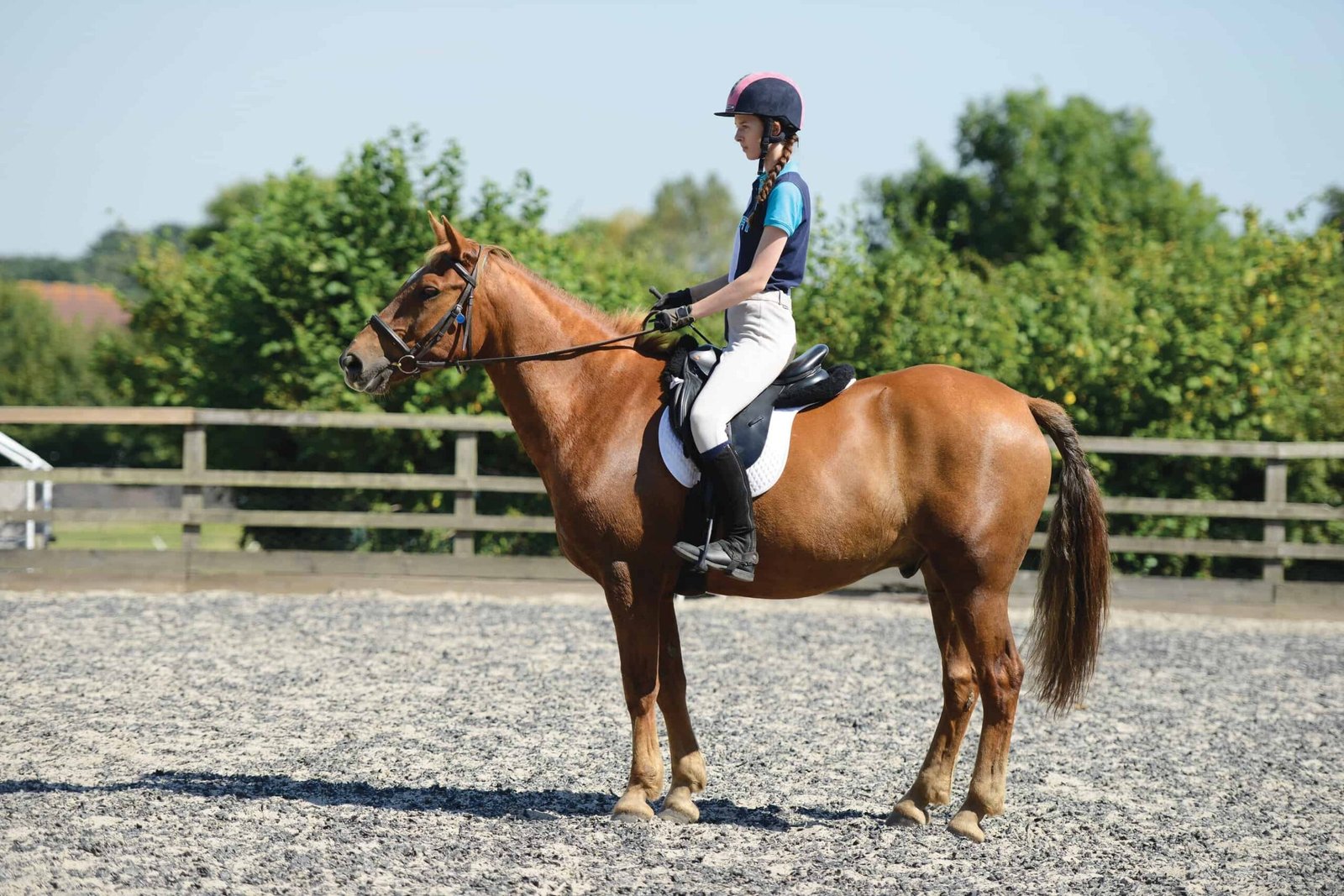
4. Veterinary Care
Routine veterinary care ensures long-term health.
- Vaccinations: Stay up-to-date with vaccinations for diseases like tetanus and influenza.
- Deworming: Administer regular deworming treatments based on your vet’s recommendations.
- Dental Checkups: Ponies require dental exams to prevent issues like sharp teeth or uneven wear.
5. Farrier Services
Ponies need regular hoof trimming to prevent lameness.
- Schedule: Trim hooves every 6–8 weeks.
- Shoeing: Some ponies may require shoes, depending on their activity level and environment.
6. Shelter and Environment
Provide a safe, comfortable living space for your pony.
- Shelter: A well-ventilated stable or shelter protects ponies from extreme weather.
- Bedding: Use clean straw or shavings for comfort.
- Pasture Maintenance: Remove weeds, debris, and poisonous plants. Rotate grazing areas to prevent overgrazing.
7. Socialization and Mental Stimulation
Ponies are social animals and need interaction to thrive.
- Companionship: Keep them with other ponies or horses to prevent loneliness.
- Toys and Challenges: Offer toys or obstacles to keep them mentally stimulated.
- Human Interaction: Spend quality time with your pony through grooming, feeding, and training.
8. Monitoring Health
Keep an eye on your pony’s health with daily checks.
- Weight: Maintain a healthy weight to avoid issues like laminitis.
- Coat Condition: A shiny, smooth coat reflects good health.
- Behavior: Changes in temperament or activity levels may indicate illness.
Conclusion
Caring for a pony involves commitment, but the rewards are immense. By ensuring proper nutrition, exercise, grooming, and medical care, you’ll create a happy and healthy environment for your pony. A well-cared-for pony is not just a pet but a lifelong companion.






